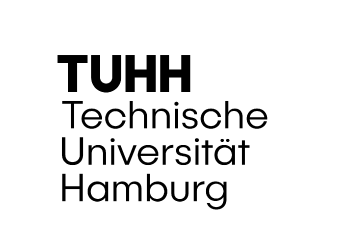Das wirst Du lernen
After
successfully completing the module, you will be able to:
- explain how traffic arises:
- explain the basic concepts and
parameters relating to mobility/transport
- explain mobility- and
transport-related challenges
-
identify links with related
disciplines
- name various approaches to
sustainable transport design
- incorporate positive examples
of sustainable mobility and transport solutions in your argumentation
- develop a thoughtful attitude
towards sustainable mobility and transport development
Damit wirst Du Dich beschäftigen
Building on
what you learned from the basic course on SDG 11 (Sustainable cities and
communities), you will gain a closer insight into mobility- and
transport-related challenges and solution approaches for sustainable urban
spaces.
You will
acquire the fundamentals and learn about the impact of transport on urban
living spaces, but also about how we can influence these effects and about the
places where new approaches are already being adopted.
So ist Dein Kurs aufgebaut
1. Basics
What do we
mean by mobility? How does traffic arise? The introduction is also intended to
show how mobility and transport can be quantified, and what factors influence
mobility behaviour.
2.
Challenges
What
challenges does transport pose for towns, cities and municipalities? This
section of the course aims to shed light on these and other issues, present the
fundamentals and raise awareness of the need to act.
3. Building
blocks for sustainable mobility
How can the
challenges discussed in the previous sections be met? What strategies can we
pursue and who is involved? This section sets out to explore possible
solutions.
4. Best
practice
Where are
the approaches to sustainable transport development already working? How were
the change processes initiated and implemented? Three examples are used to
illustrate what form a transformation to sustainable transport solutions may
take.
So lernst Du
The course
teaches you the most important content in text form, supported by illustrations
and videos. Interactive elements are incorporated throughout to encourage you
to participate. You can apply what you have learned directly in the short
exercises. At the end of each chapter, there is also a short final test.




